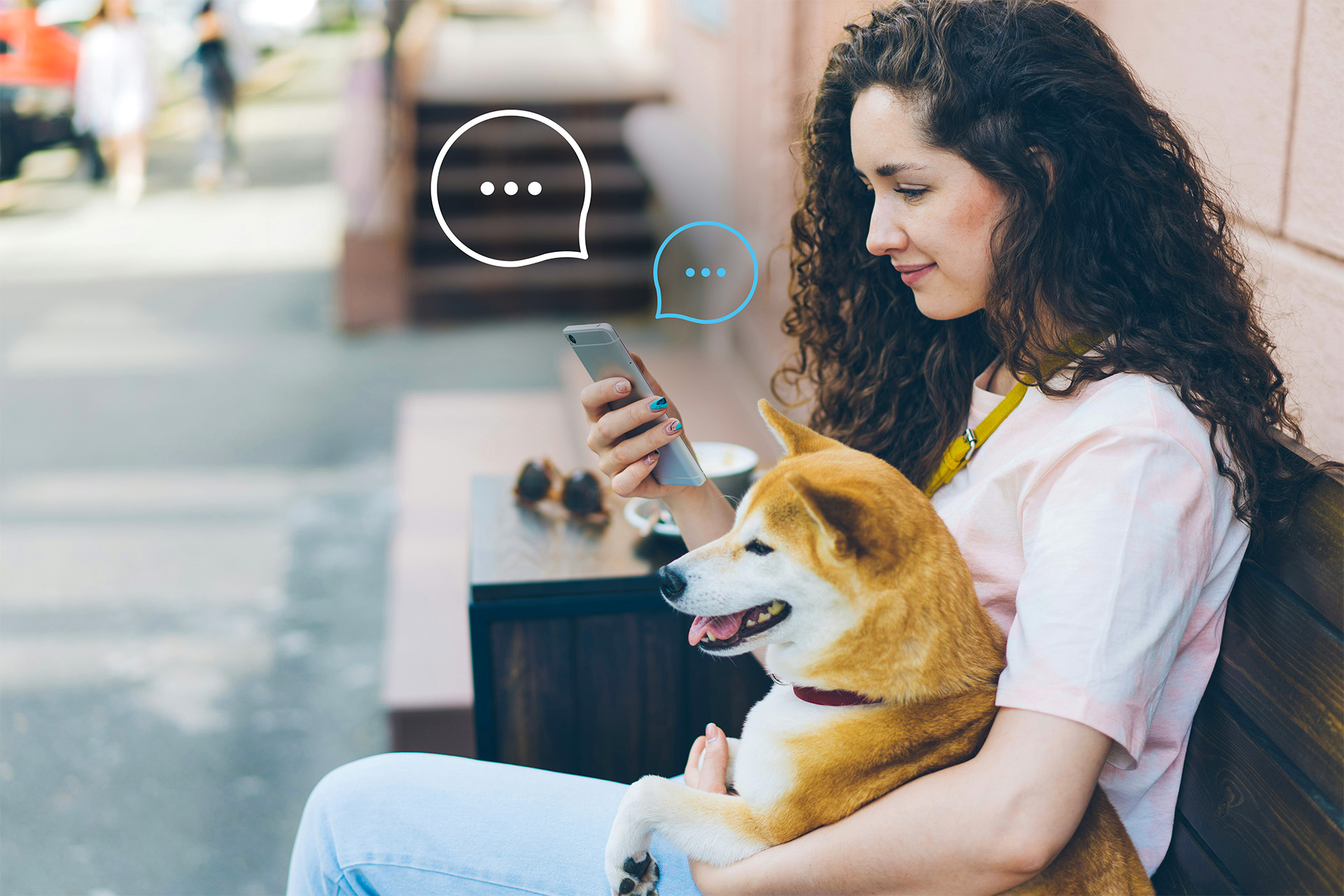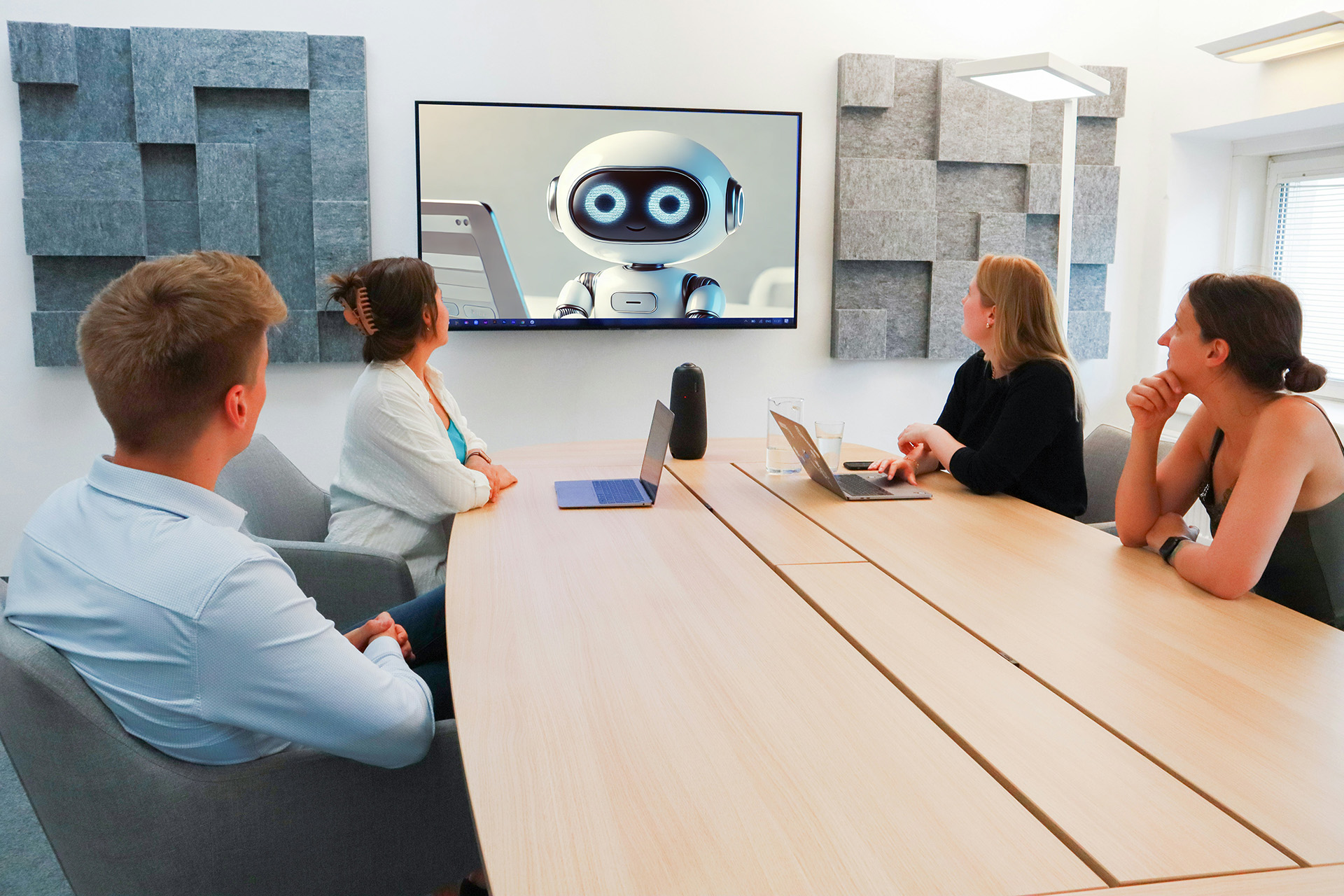Reduce pressures on your staff while providing personalised and informative customer service to your guests 365/24/7.
Chatbots are becoming commonplace across the digital landscape, deployed on websites, in chat applications, social media platforms, voice-enabled devices, and customer service channels to support companies to deliver improved and always-on customer services.
By simulating human conversation and interacting with users by text or speech, valuable time can be saved while improving guest experiences. These software applications are often based on artificial intelligence (AI) or natural language processing (NLP). Described as conversational agents, these virtual team members are designed to respond to user queries, providing human-like answers in a conversational tone.
Characteristics of chatbots
Intelligent chatbot services integrate with existing backend systems to connect to databases, retrieving guest information to perform actions to fulfil user requests. Within a hotel environment this can include making reservations, providing details on the hotel in answer to FAQs, book appointments, provide concierge services, take F&B orders, and process transactions.
Chatbots have the ability to mimic human interaction, replicating tones to provide a more authentic experience, and providing personalised interactions by leveraging user data, preferences and contextual information in its responses and recommendations.
Unlike human customer service, it’s possible for chatbots to collect vast amounts of information during their interactions which can be used to generate analytics and insights. This helps not only to track performance and measure effectiveness, but allows hotels to learn more about their guests. There’s an opportunity to understand the key concerns of customers and identify patterns of when customer services are in demand.

The underlying set-up of chatbots determines their potential based on the type of functionality. These are categorised in two ways:
- Rule-Based Chatbots which follow a decision-tree, working to predefined rules and scripts to generate responses and handle user enquiries. They are limited in their ability to understand and respond to complex queries.
- AI-Powered Chatbots continuously learn from user interactions, improve their understanding and responses, and adapt to new scenarios and contexts over time. These chatbots offer greater flexibility, scalability, and natural language understanding compared to rule-based counterparts, although may take longer to learn.
The benefits of chatbots for hotels
Use of chatbots is increasing across the hospitality industry, including hotels, to enhance communication with guests in several ways:
- 24/7 Availability: Chatbots can provide always-on assistance, allowing guests (and potential guests) to have their queries addressed and receive assistance at any time.
- Instant Responses: With little to no delay, chatbots provide instant responses to guest questions, which improves guest satisfaction.
- Booking Assistance: whether its booking rooms, making reservations for restaurants or spa, or hotel amenities and facilities – chatbots become an automated concierge.
- FAQs and Information: rather than scrolling through the website, hotels can surface information in a practical way so guests can check check-in/check-out times, Wi-Fi passwords, room service options, and nearby attractions.
- Language Support: with the ability to speak any language, chatbots can speak to foreign guests without being lost in translation, removing language barriers to improve the guest experience.
- Feedback Collection: get more from your guests by learning about their experiences during their stay, to help identify areas for improvement and enhance overall guest satisfaction.
Chatbots provide huge convenience to guests who want instant recognition and information. They bring huge operational efficiencies by streamlining communications, allowing hotel staff to focus on delivering exceptional guest services and address more complex guest needs. The technology can be deployed on nearly any digital channel therefore creating more seamless and memorable experiences for guests no matter what their communication preferences.
Setting up chatbots in hotels
Since chatbot applications can be utilised throughout the guest journey, it’s important to identify the area where it will provide immediate support for your hotel. Define the objectives and specific use cases to ensure you can enjoy success from the off.
Only you know the type of guest you have, and this will help determine the best platform to use and how it must connect with your existing tech stack. Set the key functionality you need the chatbot to do and then customise it with your hotel’s branding, voice and tone, along with conversational flows that will provide the responses to guests.
There are times when the chatbot needs to escalate enquiries to human agents so it’s important to train staff and support them as you onboard these new virtual team members.

It may not be all plain sailing
While there are many benefits, technical issues still lie in chatbot technology. Ensure you have the right level of support and maintenance to address any downtime to avoid this negatively impacting your guests’ experience.
Due to the level of data chatbots handle, ensure there is the right level of data security in place to protect your property from losing sensitive guest data.
Testing chatbots is essential for checking the quality of responses, especially to ensure there is no misinterpretation. Remember that some guests prefer speaking to a human agent, so it’s essential to strike a balance between automation and human interaction to meet the diverse needs of guests.
By proactively addressing these risks and challenges, hotels can maximise the benefits of chatbots while mitigating potential drawbacks to enhance guest experiences and drive operational efficiency.
Collaboration and communication among different departments will lead to the success of chatbot initiatives. Involve a cross-functional team with expertise in technology, customer experience, marketing, operations, and management, to ensure chatbots are effectively deployed.
As the hospitality industry continues to evolve, embracing innovative technology is essential for staying competitive and thriving in an ever-changing landscape. Speak to one of the SIHOT team to learn more about how to integrate these technologies.